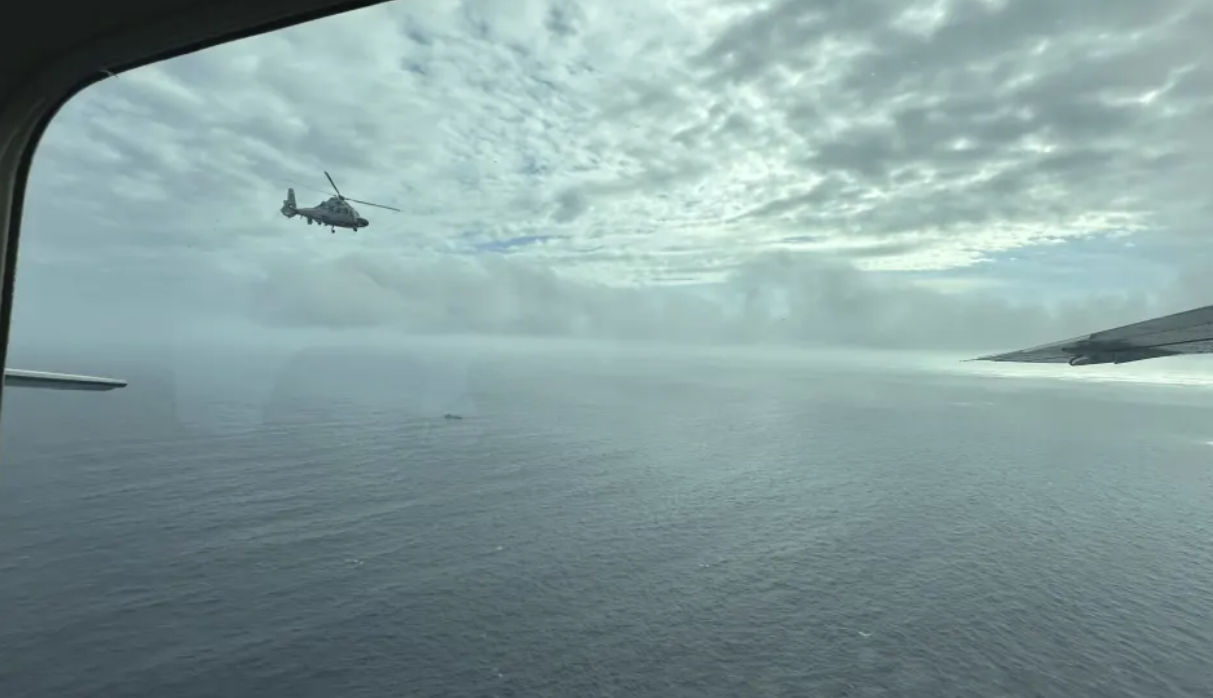Chinese authorities started live-fire military exercises in the Gulf of Tonkin on Monday, shortly after Vietnam introduced a new baseline to define its territorial waters in the area. The Chinese Maritime Safety Administration stated that the drills, which will take place until Thursday evening, will focus on the Beibu Gulf, located closer to China’s side of the Gulf of Tonkin. No further details were provided. These exercises follow Vietnam’s announcement last week of its new baseline, which is intended to help calculate the extent of its territorial waters in the Gulf. According to Vietnam News, the baseline complies with the U.N. Convention on the Law of the Sea and strengthens the country’s legal grounds for protecting its sovereignty, rights, and jurisdiction.
Vietnam has not issued a public response to China’s military exercises. While China and Vietnam have an established maritime agreement regarding the Gulf of Tonkin, both countries have ongoing disputes over competing territorial claims in the South China Sea, particularly concerning the Spratly and Paracel Islands, as well as surrounding maritime areas.
China has become more aggressive in asserting its claims in the South China Sea. In October, Chinese forces attacked 10 Vietnamese fishermen near the Paracel Islands, leaving three with broken limbs. China claims almost the entire South China Sea, but it has not released specific coordinates for this claim, only a map featuring 10 dashed lines to mark its territory.
China’s claims also overlap with those of other nations, including Vietnam, the Philippines, Malaysia, Brunei, and Taiwan. Indonesia has experienced violent clashes with Chinese coast guard vessels and fishing fleets around the Natuna Islands. Tensions are particularly high with the Philippines, where confrontations between the two countries are frequent.
Last week, a Chinese navy helicopter came dangerously close to a Philippine patrol plane, flying just 10 feet (3 meters) above it over the South China Sea, near the contested Scarborough Shoal off the northwestern Philippines.
Meanwhile, leaders in Australia and New Zealand expressed concerns that China didn’t provide enough notice before carrying out a series of live-fire drills in the waters between the two countries. As a result, flights on Friday and Saturday had to be rerouted at the last minute. While political leaders from both nations acknowledged that China didn’t break any international laws, they pointed out that they only received “a couple hours’ notice” instead of the usual 12 to 24 hours’ advance warning.













